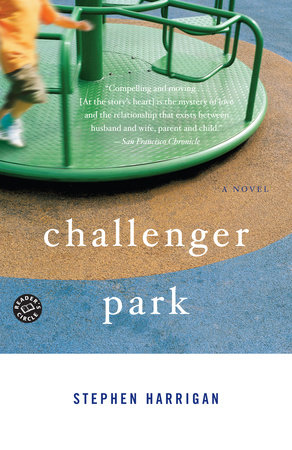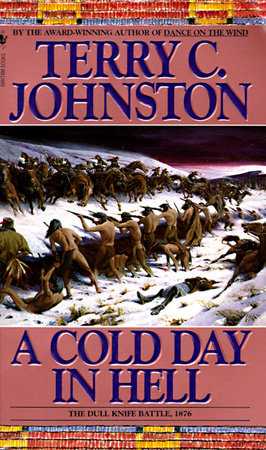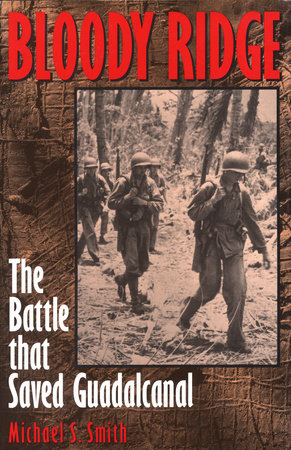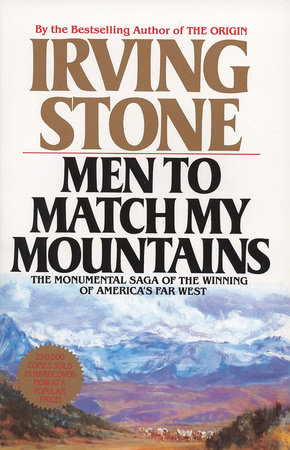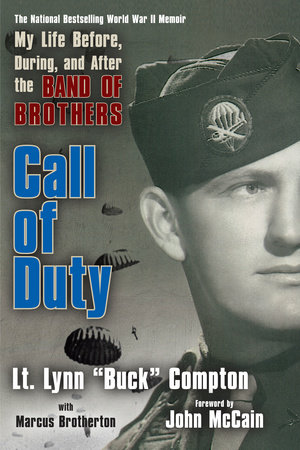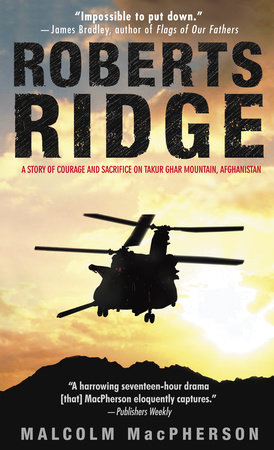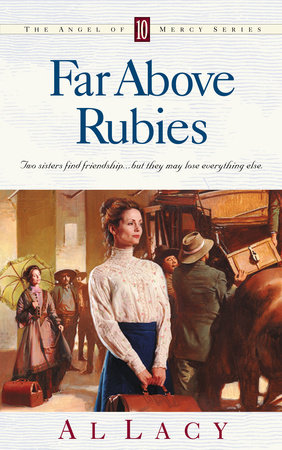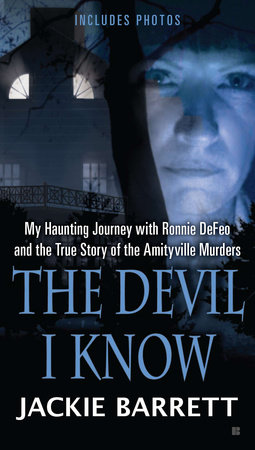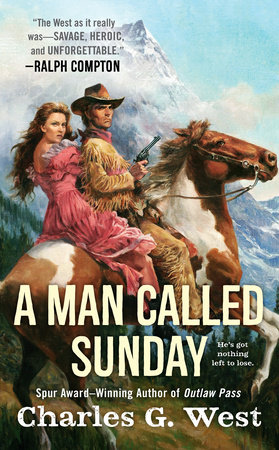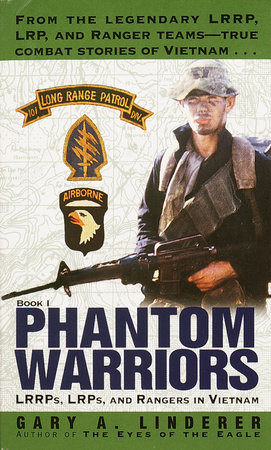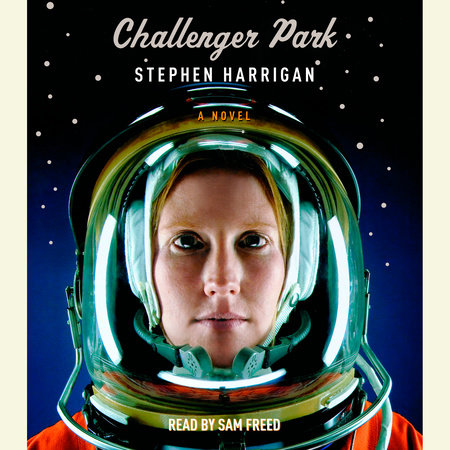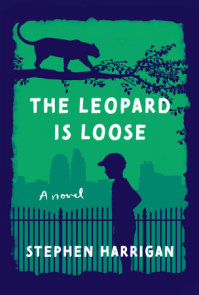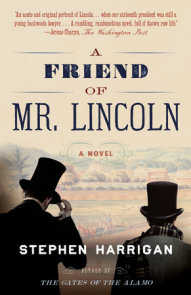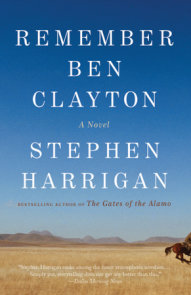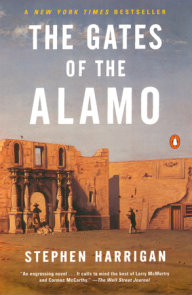Author Q&A
A Conversation withSTEPHEN HARRIGANauthor of CHALLENGER PARKQ: When did you first get the idea for Challenger Park and for a novel set at NASA? A: Several members of my family live in Clear Lake City, Texas, where the Johnson Space Center is located and where a number of astronauts make their homes. As I recall, the first glimmer of an idea for this book occurred when I was visiting in Clear Lake and went to watch my niece play soccer. My sister pointed out a woman on the sidelines who was cheering for her own daughter and whispered to me, "She just got back from space." I remember looking at that woman—that astronaut—and being transfixed by the utter normality of the life she was living here on earth. I guess I’d always imagined astronauts as unapproachable superheroes, and here was this soccer mom who just completely shattered that particular stereotype. And the more I thought about her and the strange tensions between family and career that must rule her life, the more I realized there was a compelling story here. Q: Growing up in Texas, did NASA hold a particular fascination for you? A: Probably no more than it held for any other kid. The allure of space, the dream of traveling beyond the earth, is universal. But growing up in Texas did give me a bone-deep understanding of the locale in which Challenger Park is set. Contemporary Texas is such a rich and contradictory place, so radically different from all those lingering cowboy-and-cactus stereotypes, that just the idea of writing about the place was exciting to me. Q: Assuming you have never been to space yourself, how on earth did you make the experience so real? In other words, what kind of research went into this novel? A: I made about two dozen trips to Clear Lake and the Johnson Space Center to interview astronauts and trainers and technicians. I spent some time in the simulator rooms and the Underwater Buoyancy Laboratory, where astronauts train for space walks, and visited every odd little nook at JSC where I could get access, talking to the people who worked in, say, the tool room, or the office where they design the mission patches. There was a wonderful woman named Lisa Reed, a former team lead—the job that Walt has in the book—whose patience with me and with my blundering questions was infinite. I also read as many memoirs and narratives by or about space shuttle astronauts as I could find, and scavenged the amazingly voluminous pages of the various NASA websites for first-hand mission reports. After all that research, though, the most crucial tool for making the reader feel what it might be like to go into space was my own imagination. You reach a point in a book like this where you’re in danger of having too much information. All those carefully gathered facts can start to seem oppressive. That’s when you just have to pull back and daydream a little, and that’s when you start to realize that—deep, deep down—you already know some of this stuff: what it’s like to float in weightlessness, what it’s like to stare out into the blankness of space, or look down at your home drifting by on the distant earth. Sometimes when writing a book like this you have to ask a lot of questions and read a lot of manuals, but sometimes you just have to stop investigating so much and pay attention to your own dreaming mind. Q: Lucy, as an astronaut and a mom, is haunted by the specter of The Challenger explosion. Was it that incident that got you thinking about how adults reconcile their own dreams and ambitions with the responsibilities of being a parent? A: Yes. Christa McAuliffe, who died in the Challenger disaster, was, as you may recall, chosen with much fanfare as the Teacher in Space. What very few people remember now was that there was also a slot for a Journalist in Space on one of the succeeding missions. At that time I was on the staff of Texas Monthly magazine, and I decided to apply. It was a long shot, and I knew it. I didn’t have much of a journalistic reputation at that point—or ever—and I would be competing with world-class writers and world-famous TV anchormen. But it wasn’t utterly beyond the realm of possibility, and I had three children, and I knew that if the committee decided to take my application seriously I would have to face the hard truth of how seriously I really wanted to go. I would have to explain to my wife, to my children,to my mother, why exactly I was putting my life in danger. I was not chosen—nobody ever was—because The Challenger put an end to what now seems like a naïve dream of sending ordinary citizens into space. But I’ve always wondered what I would have said to my loved ones if that conversation had ever been destined to take place. Q: Challenger Park is a heartbreaking love story (really more than one love story) that explores the idea that love can be as treacherous and unpredictable as a trip to outer space. How was it for you as a writer to explore from both a male and female perspective the intimacies of a marriage and of a love affair outside that marriage? A: Marriage is familiar ground to me. My wife and I are about to celebrate our 30th anniversary. I know what it’s like to raise children, and I know what it’s like to be pulled both by a need for adventure and a duty and yearning to remain home. That said, the marriage in the book and the love affair between Walt and Lucy is just part of the same imaginative process as the trip into space. I made these people up, I thought about them deeply every day for years. The things that happen to them are separate from my own experience, but a writer has to believe there’s a certain universality of thought and feeling, you have to trust that it’s possible to imagine your way into the minds and hearts of other people so deeply that a reader will feel that the responses you have given them are authentic. Q: It seems there was a real heyday for space travel when the whole world was fascinated and astronauts were celebrities. Several characters in Challenger Park at one point or another wonder what happened to those days. What do you think the future holds for NASA and for the space program?A: Right now, I have to say it doesn’t look particularly bright. As I write this, the shuttle is supposed to return to flight after the long hiatus following the Columbia disaster. But the shuttle fleet is aging and due to be replaced by another sort of space vehicle whose final design is still to be approved. And then there’s the whole issue of what exactly we’re doing all this for in the first place. There are plans to return to the moon and then eventually go on to Mars, but there’s no sense of national purpose about it, and not likely to be when our energies are focused on Iraq and the war on terror. The real action in space exploration seems to be on unmanned missions, which have achieved spectacular successes and whose occasional failures don’t result in national catharses. What we need right now, I think, is a clearer rationale for manned space flight We just don’t have that, and I’m afraid if we can’t find it soon the noble enterprise of sending people into space will start to wither. Q: Walt is a fascinating character, the man on the ground who readies others for the journey, sees them through any crises, and safely brings them home. And yet he never takes the trip himself. What was the inspiration for his character? A: Well, I knew I needed somebody like that. I didn’t want everybody in the book to be an astronaut. It seemed to me that in writing about NASA I had a kind of duty to introduce the reader to the multitudes of unheralded people who make it possible for the astronauts to go into space. And I was interested in writing about a character who doesn’t have a glamorous job, isn’t particularly good looking, doesn’t wear fashionable clothes, doesn’t drive an interesting car, somebody who wouldn’t be noticed if not for the fact that he is centered and indispensable, that people trust him with their lives. We live in a culture increasingly besotted with celebrity and a kind of puerile sexiness, and I liked the idea of having someone at the center of my book who is fundamentally unimpressed by all of that.Q: Walt’s best friend is a priest and the two of them have a lot of heart to hearts about faith. What made you want to explore the idea of faith against the backdrop of a story that explores people living amidst seemingly limitless advances in science and technology?A: I don’t know. I don’t generally set out to “explore ideas” when I begin a novel. I just get a notion, start writing, and see what comes out. But the whole issue of faith—or, more precisely, what might lie beyond our human perceptions—is, for me, unavoidable. It’s just always there. You have to take it into account or something is missing. Most of the characters in the book are not particularly religious—no more so than I am—but they’re aware of a certain fundamental yearning. And it seems to me it’s not humanly possible to fly into space or to prepare other people to do so without pondering whether or not there’s a design or purpose to the universe.Q: Challenger Park is very much about the forces—gravitational, emotional, and spiritual—that pull you home. But equally about the human need to dream and strike out in new and adventurous directions. Do you feel that your characters do a good job balancing these contrary pulls? A: Well, they do their best. All of us have that fundamental dilemma in our lives—the tension between dreams and responsibilities. With Lucy, it’s ratcheted up about as high as it can go. How can you ever really justify saying goodbye to your children and then climbing atop a tower of explosive fuel and leaving the planet in a pillar of flame? But if you have the chance, if it’s the fulfillment of something you’ve worked for and dreamed about your whole life, how can you not? I don’t have the answers, and neither do Lucy or Walt. But I’ve always been more interested in books where the issues are unsettled and the answers are out of reach. FOR BOOKING INFORMATION, contact:Gabrielle Brooks, 212.572.2152gbrooks@randomhouse.comChristine Casaccio, 212.572.2195ccasaccio@randomhouse.com
